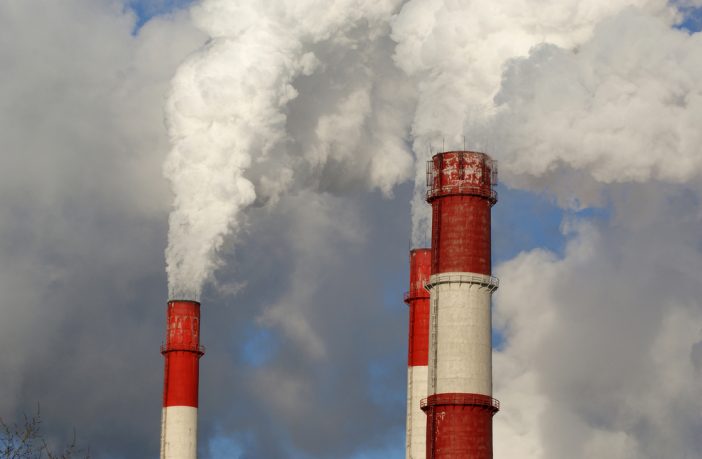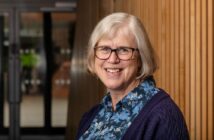Research by scientists at The Open University reveals that sensitive regions of the world are still at risk from the dangerous and potentially irreversible effects of climate change; even if we meet the target of not increasing global temperature above 1.5°C over the next 100 years.
The research, which reviewed the targets set in the 2015 Paris Climate Agreement, concluded that regions of the world, such as the Arctic and South-East Asian monsoon region, could be damaged irreversibly as they are particularly sensitive to changes to global temperatures.
Simulating different climate futures
The OU researchers developed a three-dimensional climate-carbon cycle model, and simulated the different climate futures. Leading the research, which is published in Nature Climate Change, is Lecturer in Earth Systems Science at The Open University, Dr Philip Holden; he said:
“The regional uncertainties associated with the Paris Climate Agreement have not been explored before. This is because, until now, researchers have used either very simple models or models that were too complex to investigate the range of possibilities.”
Governments must act now
On a more optimistic note, the research also concludes that meeting the target set by the 2015 Paris Climate Agreement of limiting the increase in global average temperatures to well below 2°C does not depend on future generations to remove vast amounts of carbon from the Earth’s atmosphere. Instead, governments can achieve the goals through emission reductions, but only if they act now to promote a range of policies to fully support the existing pace of technological change, as described in a related paper in Nature Climate Change.
“Our models show that it is possible to meet the 2015 Paris Agreement, but only if governments take decisive and urgent action through strengthening climate change policies to encourage rapid divestment from fossil fuels,” continued Dr Holden.
The OU researchers worked in collaboration with academics from: University of California – Riverside, University of Sheffield, Max Planck Institute of Meteorology, University of Hamburg, Cambridge Econometrics, and the Cambridge Centre for Environment, Energy and Natural Resource Governance, University of Cambridge, and Radboud University in the Netherlands.



